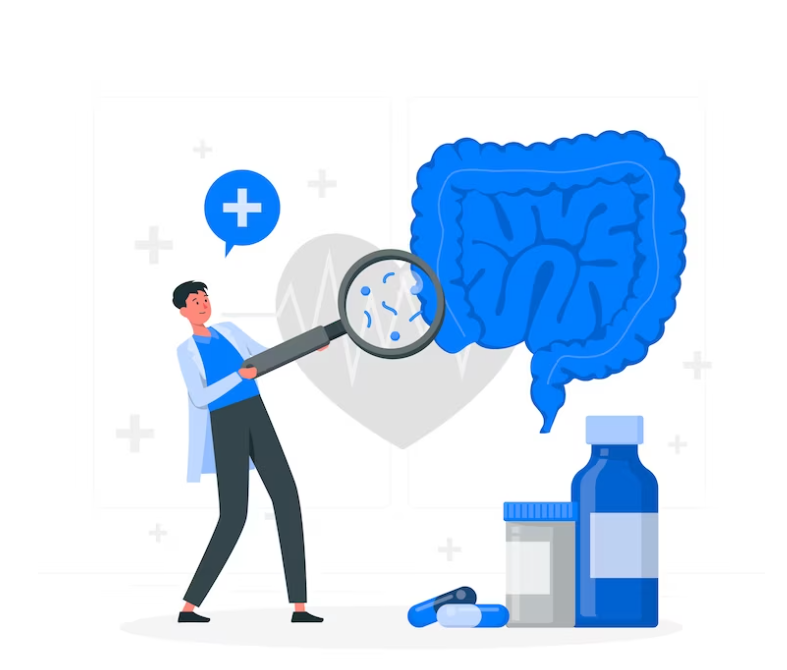
Unraveling the Mystery of Gallstones: A Simple Guide for Everyone
Introduction:
Gallstones – a term that may sound intimidating, but understanding this common health issue is crucial for maintaining overall well-being. In this blog, we’ll break down the basics of gallstones in simple language, helping you grasp the essentials without delving into medical jargon.
What Are Gallstones?
Imagine your gallbladder as a small, pear-shaped organ tucked beneath your liver. Its primary role is to store bile, a digestive fluid produced by the liver. Gallstones are crystallized particles that form in the gallbladder when there’s an imbalance in the substances that make up bile, such as cholesterol, bilirubin, and calcium.
Types of Gallstones:
There are two main types of gallstones – cholesterol stones and pigment stones. Cholesterol stones, as the name suggests, are primarily composed of cholesterol. Pigment stones, on the other hand, form when there’s an excess of bilirubin in the bile.
Causes and Risk Factors:
Several factors contribute to the development of gallstones, including:
- Diet: A high-fat, low-fiber diet can increase cholesterol levels in the bile.
- Obesity: Being overweight can lead to higher cholesterol production and reduced gallbladder emptying.
- Genetics: Family history may play a role in gallstone formation.
- Rapid Weight Loss: Losing weight too quickly can trigger gallstone development.
- Certain Medical Conditions: Conditions like diabetes and liver disease may increase the risk.
Symptoms:
Gallstones don’t always cause noticeable symptoms, but when they do, the following may occur:
- Pain in the Upper Abdomen: Especially after meals.
- Back Pain Between the Shoulder Blades: Often accompanied by abdominal discomfort.
- Nausea and Vomiting: Particularly after consuming fatty foods.
Treatment Options:
Treatment for gallstones depends on the severity of symptoms. In many cases, a wait-and-see approach may be recommended. However, if symptoms persist or complications arise, options such as medication or surgery (cholecystectomy) may be considered.
Prevention:
While not all gallstones can be prevented, adopting a healthy lifestyle can reduce the risk. This includes maintaining a balanced diet, staying hydrated, and avoiding rapid weight loss.
Conclusion:
Understanding gallstones empowers you to make informed choices about your health. If you experience persistent symptoms or have concerns, consult with a healthcare professional for personalized advice. Remember, knowledge is the first step towards a healthier you.
To seek medical advice, always consult a Doctor. Here are our recommended experts. Click here
To read more on Understanding Gallstones Click Here


